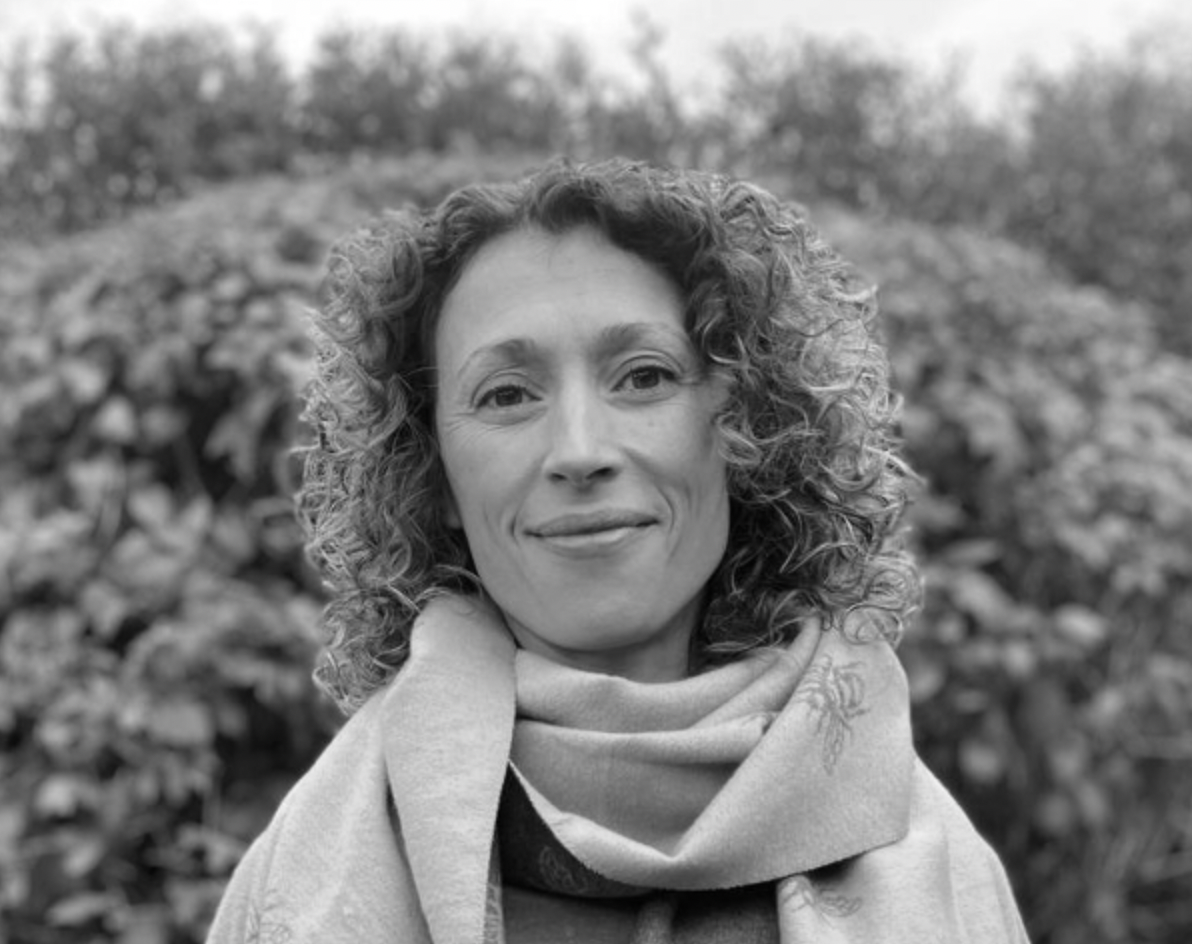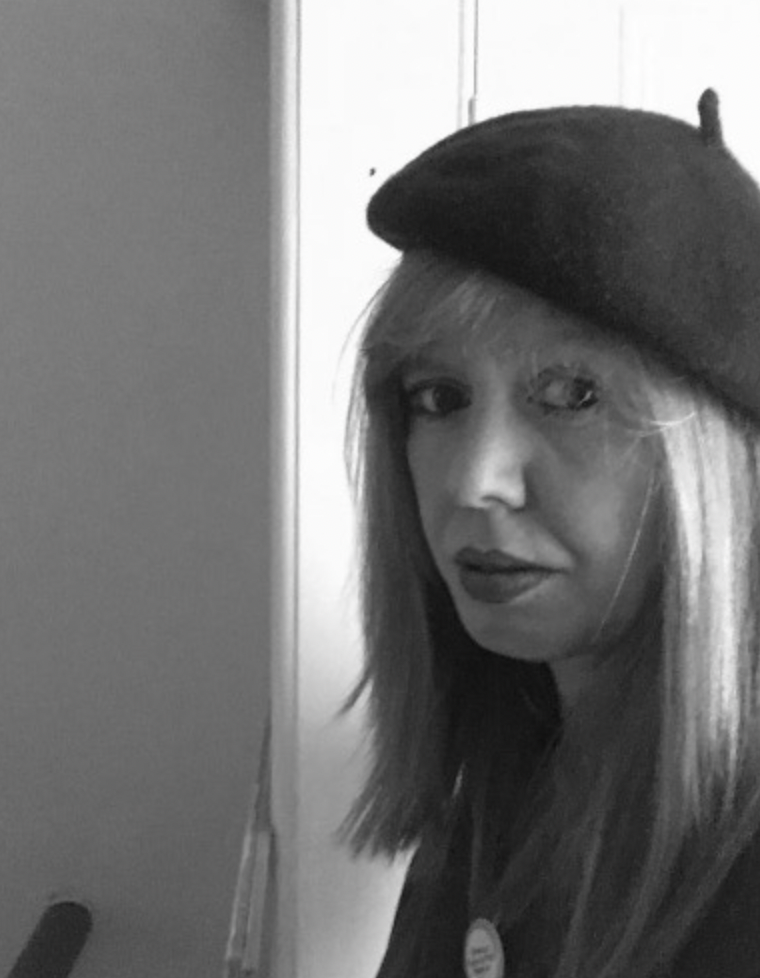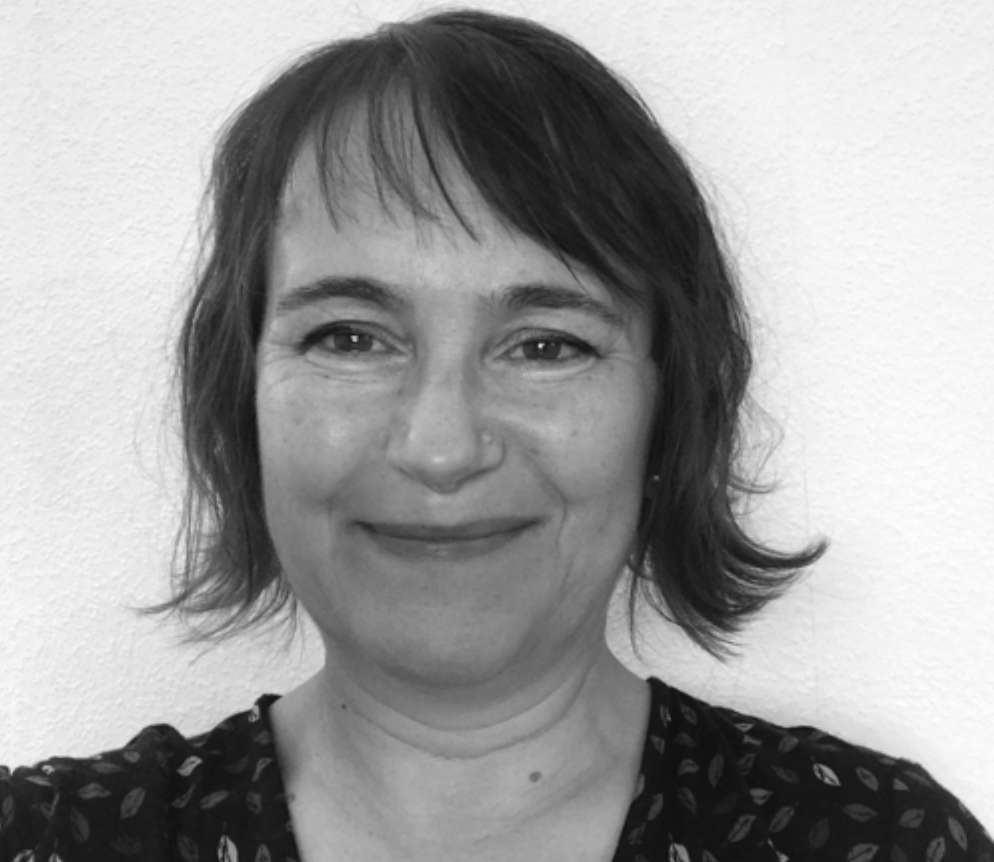About
Caring about Dignity is a new advocacy group for same-sex care. We collect the stories of those who receive care in their own home or in residential homes, and their advocates and carers, to amplify their voices and reveal the widespread issues about dignity in care.
We are campaigners, carers, healthcare professionals and parents of children receiving care. Through our work and our own experience, we have heard stories from people receiving care about the lack of dignity and respect they have been subjected to; we have also struggled with our own care requests for loved ones. These issues include the lack of provision of single-sex intimate care that many women desire for their privacy, dignity and safety.
In the stories we have collected so far you will hear from a male carer who was asked by employees to continue to go round to women’s houses who had declined male carers to ‘see if they would change their minds.’ We have heard from women about feeling completely vulnerable, gaslit and voiceless in their own home as they are made to choose between no care or a male carer providing intimate care, including washing their intimate parts. We have heard from parents who cannot take respite care because their care provider refuses to guarantee female-only care for their highly disabled adolescent daughter.
The powerful testimony from your stories will build the case to rethink how we provide care to people in their homes and in residential homes; your voices can help ensure dignity and respect are central to care provision.
You can submit your stories to us here. You can also contact us here to speak to one of our team.
You can also find us on X (formerly twitter) @CaringaDignity.
Explainers
What do we mean when we talk about dignity in care?
When we speak about personal dignity, we are referring to our self-worth, the boundaries we may have to maintain that worth, and the recognition that these boundaries are to be valued and respected by others. When we are at our most vulnerable and require support from others for personal care, our personal dignity comes under threat. Accepting help is often difficult and care providers need to work together with those accessing the care to assess how best to support each individual to feel safe, supported, and respected - to maintain their dignity in care.
What do we mean by intimate care?
We define 'intimate care' as tending to tasks of an intimate nature. This includes attending to aspects of care associated with bodily functions, bodily fluids/products and personal hygiene. Carrying out these care duties require direct or indirect physical contact with, or visible exposure of the sexual parts of the body. Of course, nobody chooses to be dependent on others for such care as it infringes on our notions of personal privacy and dignity. It is therefore important that we do not separate the physical task in hand from the emotional wellbeing of the individual requiring the care. This is where ‘respect’ comes into play.
What do we mean by respect?
Respect can be defined as having a due regard for the feelings, wishes, or rights of others. In order to respect individuals relying on care, care providers must ascertain each person’s notions of personal dignity - what are their boundaries? How can we enable them to best assert their own bodily autonomy? Do they consent to this care procedure? How can we make them feel most safe and secure when receiving care?
How important is the sex of someone’s carer to their dignity and respect?
For many people requiring care, especially intimate care, the sex of the carer is of utmost importance. Both men and women may exert their wishes to carers of a specified sex. In the interests of maintaining their dignity and providing compassionate care, this is to be respected. Women in particular commonly express their wishes for same-sex care. There might be a myriad of reasons why a woman would request female only care- she may have certain cultural or religious beliefs, she may have experienced sexual trauma at the hands of a man, she simply feels more at ease accepting the help of another woman. But no woman has to explain her reasons - in a humane society her request for female only care should be respected; she should be respected.
People
Zoe Hollowood, Founder

Zoe is a mother, scientist and a campaigner. She was alerted to the issues around dignity in care during her campaigning for women’s rights. Upon hearing stories from women receiving care she felt compelled to do more; to raise the alarm about what is happening in people’s own homes and in residential care homes. She has met with representatives from the House of Lords and continues to discuss with legislators how to tackle the issues raised from people’s stories.
Florence Waller, Founder

Florence is a private carer with over 12 years experience working in domiciliary care. Prior to establishing herself as a private carer she has worked for a home care agency as well as in care home settings. Through working first hand with vulnerable women, Florence has developed a deep understanding of the importance of dignity in care, and how maintaining dignity necessitates same sex care provisions.
Florence is passionate about helping to inform women about their rights to same sex care and single sex spaces. She believes in the importance of language when advocating for women’s rights. Sex must be clearly defined in order for women to assert their rights to same sex care; care providers must not be allowed to rely on the ambiguity of the term ‘gender’.
In addition to her care work, Florence is a trained primary school teacher with a Masters in Education (Northumbria University) and a vigilant understanding of safeguarding. In her spare time she enjoys painting, drawing upon her local surroundings in and around North Tyneside to inform her artwork.
Sally Wood, Founder

Sally has worked as an NHS Occupational Therapist for 27 years in rehabilitation with stroke and brain injury survivors. She has also worked with people with learning disabilities and children. She understands the importance of dignity and respect in healthcare being woven through professional values, medical ethics, and the law. She thinks dignity and respect should always be fundamental to relationships with patients, but understands how easily these can be eroded if they are not supported by positive cultures.
Sally believes that helping to restore the integrity of our patients’ bodily boundaries is vital to their recovery, to their identity and sense of self confidence, and to reaching their potential level of independence. In her view maintaining dignity and privacy through the many different actions healthcare professionals undertake with and for their patients is possible when these principles are regarded as not just desirable but essential. She advocates for giving full attention to the specific needs and wishes of the people she cares for.
Sally has an MSc in Applied Neuropsychology, and lives with her 14 year old son. In her spare time she enjoys singing in a choir and being in a natural environment.
Sam Rospigliosi, Founder

Sam is a mum to a severely learning disabled daughter. She worked in book publishing and then the third sector for twenty years. She left paid employment in 2012 when she returned to London from Edinburgh with her family. As well as focusing on care for her daughter, she campaigns for disability rights, in particular disabled girls and women’s rights to same sex intimate care. She is in the early stages of setting up a supported living ‘forever’ home for severely learning disabled young women. She has been a volunteer befriender for most of the last 35 years.
